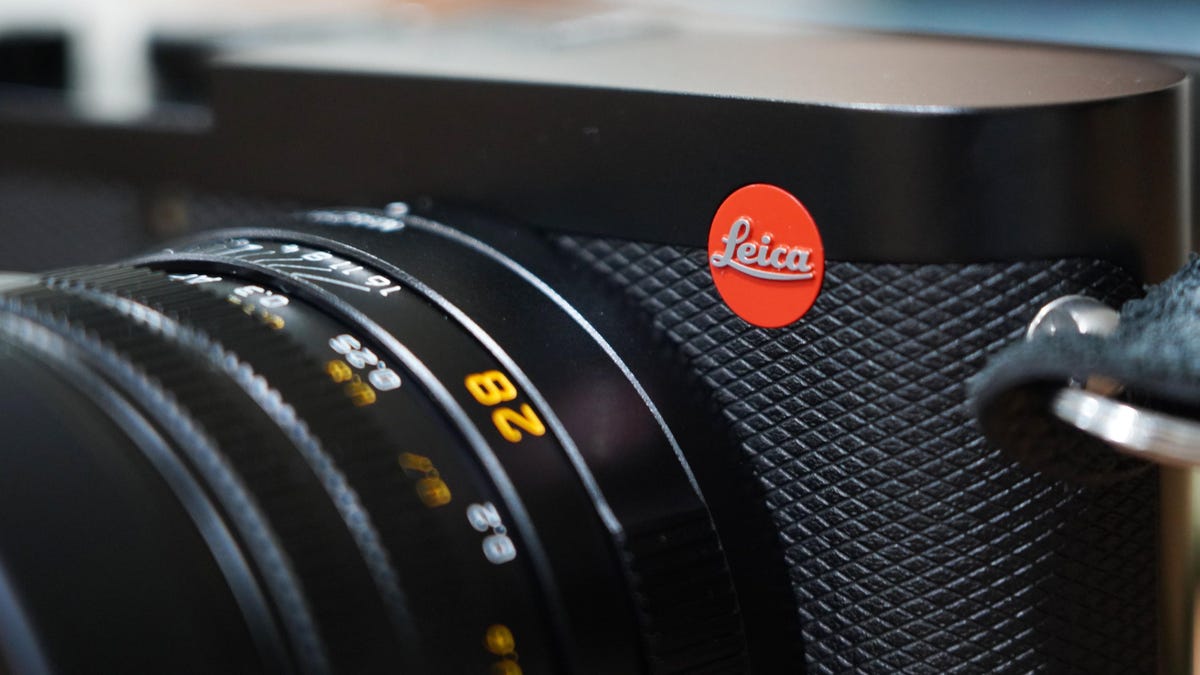Leica, one of the oldest, most venerable camera companies in the world, has debuted a new $9,500 camera that, among other things, is designed to fight the scourge of digital manipulation. The M11-P is specifically marketed to professional photojournalists, and, in addition to producing beautiful images, includes a new watermarking system that Leica says will digitally stamp each image’s metadata with what amounts to a seal of authenticity.
One of the biggest problems caused by the generative AI boom is a glut of online disinformation. It has now become so easy to generate fake media content—be it deepfakes, or digitally altered or wholly artificial images—that the world is basically drowning in said material. One of the most prominent solutions that has been discussed as a fix for this problem is watermarking. Watermarking works by automatically inserting identifiable assets into the metadata of an image, which then allows it to be verified as authentic later on.
“Determining the authenticity of visual content has become increasingly difficult and important in the age of digital photography,” a statement on Leica’s product announcement reads. “Now with the ability to provide this proof, we are once again strengthening trust in digital content and re-establishing Leica cameras as authoritative tools in the documentation of world events.”
Leica says the M11-P produces images stamped with what it calls Content Credentials—a kind of “encrypted metadata in compliance with the Content Authenticity Initiative (CAI).” CAI is a recently formed industry group made up of media companies, tech platforms, and NGOs, that says it’s devoted to an open industry standard for “content authenticity and provenance.” The CAI model uses cryptographic asset hashing to insert identifiable signatures into image metadata (i.e., a watermark), allowing for them to be verified as authentic. If CAI-processed images are digitally altered (by Photoshop or some other editing suite), the history of alterations is also recorded by the system. The Credentials can later be verified online by plugging them into an online portal associated with the CAI.


